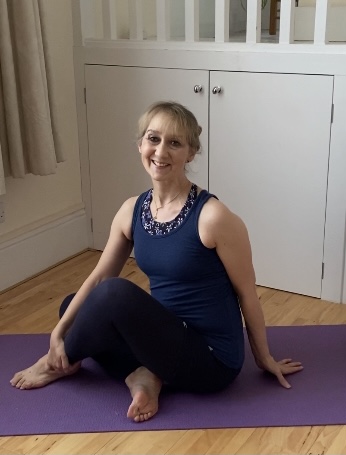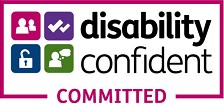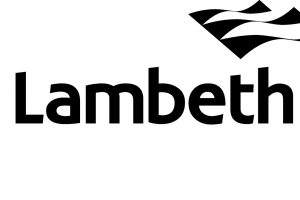Socially forward-looking elements in Charlotte Brontë’s ‘Jane Eyre’ frequently focus on the adult Jane’s strong sense of self as a Victorian woman, her conviction of her equality with men and within the social class system. Even as a child, Jane’s sense of self and independence is highly developed. Brontë depicts the child Jane’s responses to the systematic maltreatment of a child within the home to highlight the psychological and intellectual complexity of the child. In so doing, she raises objections to Victorian norms in the treatment of children and describes forms of child abuse which are today widely recognised in modern government policies for child safeguarding. Jane’s treatment in her adoptive home and at Lowood charity school is illustrative of how a sense of an individual’s place within the social class system can be systematically inculcated during childhood in order to control behaviour and expectations for adult life.
This talk explores parities between the maltreatment of the child Jane with modern definitions of child abuse. References for this analysis are drawn from the UK Government’s ‘Keeping Children Safe in Education Statutory Guidance for Schools and Colleges’ (2023).
Speakers Biography: Caroline Ings-Chambers
Caroline Ings-Chambers, PhD is an independent researcher, speaker, and writer in the field of Victorian Studies with specialist academic interests in John Ruskin, the Nineteenth Century Novel, and the role of Women in nineteenth century society, culture and the arts. Caroline is the author of ‘Louisa Waterford and John Ruskin “for you have not falsely praised”’ (Legenda, 2015). She is a lecturer at Morley College in London, where she creates and delivers original courses in nineteenth century British literature and culture.











